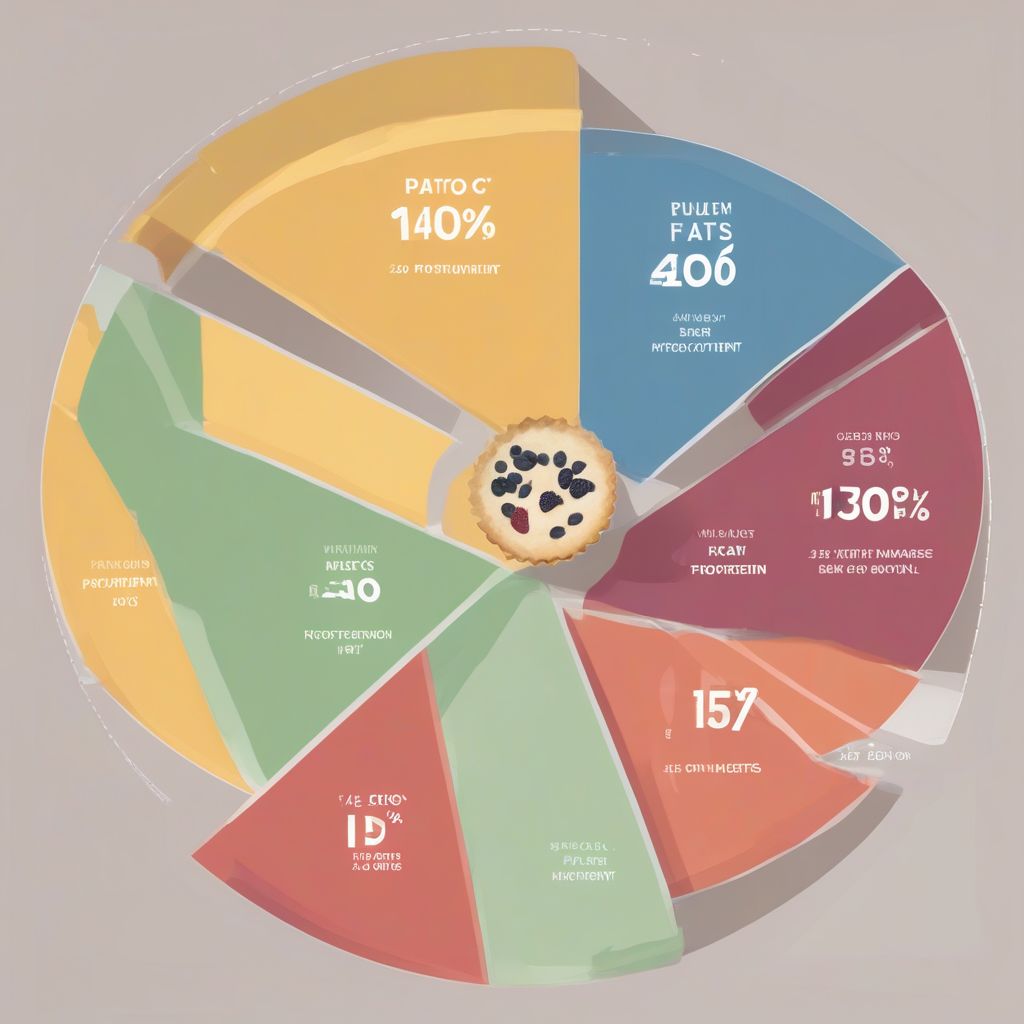“To eat is a necessity, but to eat intelligently is an art,” said La Rochefoucauld, and for athletes, this rings truer than ever. You push your body to the limit, demanding peak performance day in and day out. But have you ever stopped to consider that your diet is the fuel that drives this extraordinary machine?
As a certified nutritionist and meal prep coach, I’ve spent years empowering athletes like you to reach peak physical condition through personalized and sustainable diet plans. And trust me, it’s not about deprivation or bland, boring meals! It’s about fueling your body with the right nutrients to optimize performance, enhance recovery, and achieve your athletic goals.
This comprehensive guide dives deep into the world of athlete diet plans. We’ll explore the science behind it, address your FAQs, and provide actionable steps to create a winning nutrition game plan. Get ready to unlock your full athletic potential!
Why is a Tailored Diet Plan Crucial for Athletes?
You wouldn’t put regular gasoline in a high-performance sports car, would you? The same goes for your body. Athletes have unique nutritional needs compared to non-athletes. A targeted diet plan is crucial for:
- Enhanced Energy Levels: Carbohydrates are your body’s primary energy source. A well-designed athlete’s diet ensures adequate carbohydrate intake to fuel intense training sessions and prevent fatigue.
- Muscle Growth and Repair: Protein is the building block of muscle tissue. Athletes need a higher protein intake than sedentary individuals to repair microtears in muscles caused by exercise and promote muscle protein synthesis.
- Faster Recovery: Proper nutrition replenishes glycogen stores, reduces muscle soreness, and optimizes recovery time, allowing you to get back to training sooner and stronger.
- Improved Body Composition: A balanced diet helps athletes achieve and maintain an ideal body fat percentage, crucial for optimal performance in many sports.
- Injury Prevention: Proper nutrition supports bone health, strengthens connective tissues, and boosts the immune system, all of which play a vital role in preventing injuries.
Key Macronutrient Ratios for Athletes
Macronutrients – carbohydrates, proteins, and fats – are the cornerstones of any diet, but their ratios become even more critical for athletes. While the ideal ratio varies based on individual factors like sport, training intensity, and body composition goals, here’s a general guideline:
- Carbohydrates: 50-70% of total daily calories. Choose complex carbohydrates like whole grains, fruits, and vegetables over refined carbs.
- Protein: 15-30% of total daily calories. Prioritize lean protein sources like chicken, fish, beans, lentils, and low-fat dairy.
- Fats: 20-35% of total daily calories. Focus on healthy fats like avocados, nuts, seeds, and olive oil while limiting saturated and trans fats.
 Athlete Diet Chart
Athlete Diet Chart
Essential Micronutrients for Peak Performance
While macronutrients provide the bulk of your energy, micronutrients, including vitamins and minerals, are like the spark plugs that keep your engine running smoothly. Here are some key micronutrients for athletes:
- Iron: Crucial for red blood cell production and oxygen transport. Iron deficiency can lead to fatigue and impaired performance.
- Calcium: Essential for bone health, muscle function, and nerve transmission. Athletes are at an increased risk of stress fractures, making calcium intake vital.
- Vitamin D: Works in tandem with calcium for bone health and also plays a role in muscle function and immune health.
- Vitamin B12: Essential for energy production and red blood cell formation.
- Zinc: Plays a crucial role in immune function, wound healing, and protein synthesis.
Hydration: Your Secret Weapon
Don’t underestimate the power of H2O! Proper hydration is non-negotiable for athletes. Even slight dehydration can significantly impact performance, leading to fatigue, decreased endurance, and impaired cognitive function.
Tips for Optimal Hydration:
- Drink water consistently throughout the day, not just during training.
- Use thirst as a guide, but remember you may already be dehydrated when you feel thirsty.
- Electrolyte-rich drinks or sports drinks can be beneficial during and after intense workouts, especially in hot weather.
Timing is Everything: Pre-Workout, During-Workout, and Post-Workout Nutrition
- Pre-workout (2-3 hours before): Focus on complex carbohydrates for sustained energy and a moderate amount of protein. Examples include oatmeal with fruit and nuts, a whole-wheat turkey sandwich, or a banana with peanut butter.
- During-workout (for workouts longer than 60 minutes): Replenish electrolytes and provide easily digestible carbohydrates. Consider sports drinks, energy gels, or a piece of fruit.
- Post-workout (within 30-60 minutes): This is prime time for muscle recovery and growth. Prioritize a combination of protein and carbohydrates. Examples include a protein shake with fruit, grilled chicken with sweet potato, or Greek yogurt with berries.
Common Athlete Diet Plans
- High-Carb Diet: Favored by endurance athletes, this diet prioritizes carbohydrates to fuel long training sessions and replenish glycogen stores.
- High-Protein Diet: Popular among strength and power athletes, this diet emphasizes protein intake to support muscle growth and repair.
- Carb Cycling: This approach involves alternating between high-carb and low-carb days, often timed around training intensity.
- Intermittent Fasting: This eating pattern focuses on cycling between periods of eating and fasting, potentially aiding in weight management and cellular repair.
Important Note: It’s crucial to consult with a registered dietitian or sports nutritionist to determine the best diet plan for your individual needs and goals.
FAQs About Diet Plans for Athletes
Can athletes be vegan or vegetarian?
Absolutely! With careful planning, athletes can thrive on plant-based diets. Focus on consuming a variety of plant-based protein sources, iron-rich foods, and potentially supplementing with vitamin B12.
What about supplements?
While whole foods should be the foundation of an athlete’s diet, certain supplements can be beneficial, such as creatine, whey protein, and BCAAs. However, it’s essential to consult with a healthcare professional before taking any supplements.
How can I stay on track while traveling or competing?
Plan ahead! Pack your own snacks and meals whenever possible. Research restaurant menus in advance and make healthy choices. Don’t hesitate to communicate your dietary needs.
How long does it take to see results from a new diet plan?
While it varies, you may start noticing positive changes in your energy levels, recovery, and performance within a few weeks of consistently following a well-designed diet plan.
Conclusion
Remember, your body is your temple, and fueling it properly is paramount to achieving peak athletic performance. By adopting a personalized and balanced diet plan, staying adequately hydrated, and listening to your body’s needs, you’ll be well on your way to unlocking your full potential.
Ready to take your nutrition to the next level? Let’s connect! Share your thoughts, questions, and experiences in the comments below. I’m here to support your journey toward athletic excellence.
[amazon bestseller=”Sports Nutrition”]
